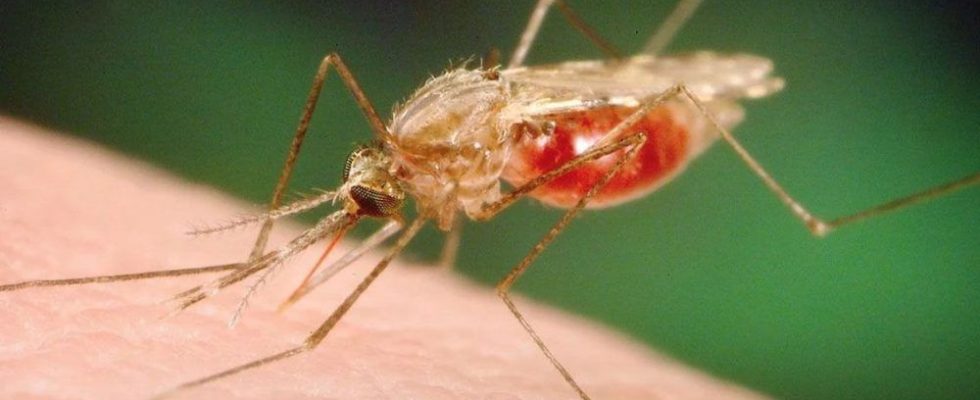London public health officials are reporting the first human case of West Nile Virus this summer, one of just a handful provincewide.
The Middlesex-London Health Unit announced Friday an unidentified individual in the area had acquired the mosquito-borne virus. The case is believed to have been locally acquired, the health unit said.
“Five mosquito traps have already been identified as West Nile-positive in Middlesex-London. This human case emphasizes the need for everyone in our community to take precautions,” associate medical officer Dr. Joanne Kearon said in a news release Friday.
“We must continue to protect ourselves and our families against mosquito bites, including wearing light-coloured long-sleeved shirts and pants, and using mosquito repellants with DEET.”
Every summer, the health unit does West Nile surveillance work at about 250 standing water sites on public property in the city and county.
Across Ontario, there have been 222 mosquito pools that have tested positive for West Nile Virus this season.
Most people bitten by West Nile-infected mosquitoes – about 80 per cent – show no symptoms, the health unit said. Some people may experience headaches, body aches, fever, nausea, vomiting and rash after a West Nile infection.
Fewer than one per cent of human West Nile patients develop life-threatening symptoms, such as meningitis or encephalitis.
Public health officials say the public can take steps to prevent mosquito bites and potential West Nile virus infection, including:
- Wearing light-coloured clothing, long pants, long sleeves and socks, especially at dawn and dusk when mosquitoes are most active
- Regularly emptying standing water from garbage bins, wheel bars, outdoor toys and empty flower pots
- Changing water in bird baths every other day
- Covering open rain barrels
The London-area has seen more West Nile virus this summer than in recent years. In 2022, the health unit did not report any positive mosquito traps or human cases of the virus, despite visiting nearly 114,000 catch basins during the season.
In 2021, the health unit reported a single West Nile-positive trap in the London-area and no human cases.
-

Mosquitoes in London test positive for West Nile virus
-

West Nile-positive bird is Ontario’s first of 2023: Area public-health officials
